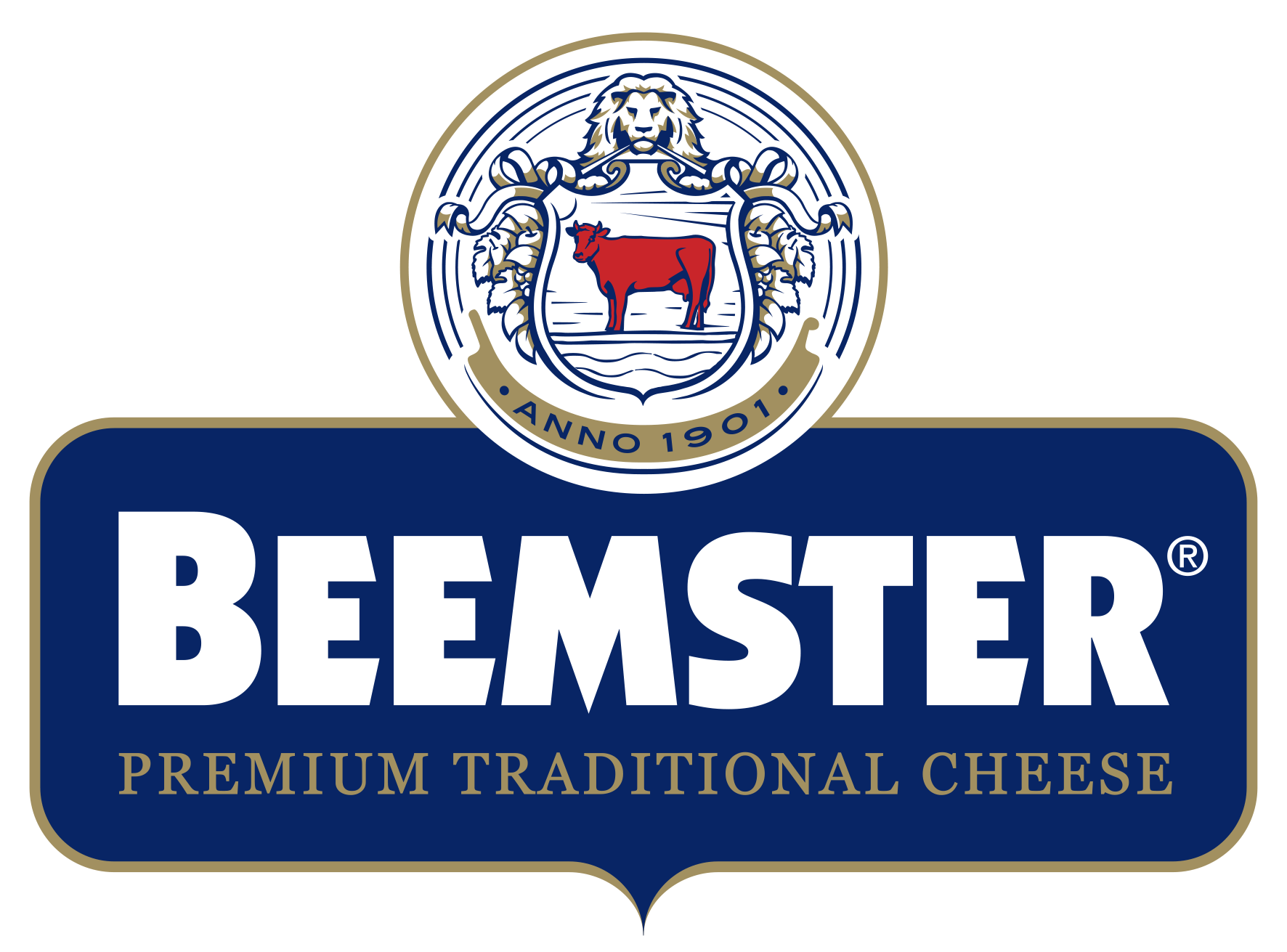Is your question below?
The holes in the Beemster cheese are formed by the starter in the cheese. This starter, which gives the cheese its distinctive flavor and ensures that it can be stored for longer, causes a small gas formation. This is how the holes appear in the cheese.
Beemster is made using animal rennet.
No, none of the ingredients of Beemster are genetically modified
During the cheese-making process, cultures are added to the milk that produces a gas. The gas that forms the holes is carbon dioxide. The producers of Beemster use cultures that make relatively more holes than average Gouda cheeses.
Yes, all the Beemster cheeses are made with pasteurized milk.
At CONO Cheesemakers, a co-op of local farmers since 1901, in the village of Beemster, in the North of the Netherlands.
During the ripening process, the cheese will lose moisture so that at the end of the process, the weight is less.The maintenance of the cheese is also a costly factor.
1 kg of of cheese requires about 10 liters of milk.
These are protein crystals that develop when the cheese matures. Cheese connoiseurs appreciate these dots very much. They are a sign that the cheese has ripened extremely well.
